What do Leonardo da Vinci, Frederick Douglass, Frida Kahlo, Albert Einstein, and Marie Curie all have in common? To document their experiences, ideas, or feelings, each of these well-known people kept a journal or diary. Even Kahlo and da Vinci drew pictures to express their feelings and sketch out their ideas.
How Daily Journaling Can Help You
Everyone can benefit from keeping a daily journal, from brilliant scientists to thoughtful artists, and everyone in between. You can actually benefit from journaling in the ways listed below.
Achieve goals
Writing down your objectives in a daily journal will help you keep better track of your intentions. This will aid in keeping you responsible and act as a reminder of what you must do to achieve them. Don't forget to be specific.
Track progress and growth
If journaling becomes a routine habit for you, you can look back at earlier entries to gauge how much you've learned or grown.
Gain self-confidence
Observing your development can also significantly boost your confidence. When you consider your past struggles and how far you've come, you can be proud of yourself.
Improve writing and communication skills
Like anything else, writing gets better with practice. When you keep a daily journal, you're honing your writing skills. Additionally, keeping a daily journal will help you communicate your ideas and thoughts more effectively in general.
Reduce stress and anxiety
Our minds occasionally have a tendency to replay unfavorable feelings and thoughts. When you're dealing with a difficult situation, this can be stressful and may even make things feel worse. However, stopping and writing down your feelings can help you get rid of unfavorable thoughts in your head. You might even think of a solution as you write that you hadn't considered before.
Find inspiration
In his diaries, Leonardo da Vinci sketched out some amazing invention concepts. Like him, you can use the time you spend journaling to come up with ideas or to let your imagination run wild. It might even surprise you how much inspiration comes to you while you're writing or drawing.
Strengthen memory
Writing down your thoughts can improve working memory and reduce intrusive thoughts about unpleasant events, according to research in the Journal of Experimental Psychology. Even the act of writing something down signals to your brain that you want to remember it. Because of this, taking notes while learning something new is a very effective strategy.
Explore the Many Different Types of Journaling
Ready to start but not sure how? Here are a few options for journaling that you may want to try.
Stream of consciousness
As you think, put your thoughts in writing. You are merely expressing your thoughts in action; the words and ideas don't even need to make sense.
Dream journal
Each night, write down your dreams as a way to communicate with your subconscious. Don't forget to write in your journal as soon as you wake up.
Food journal
Keep a record of your daily meals. You'll be able to make better food decisions as a result of this. Documenting your meals can help you identify areas you may need to make changes if you're having trouble maintaining a healthy weight loss regimen.
Fitness journal
Keep a record of your workouts to help you stick to a healthy lifestyle. Keeping this kind of daily journal allows you to track your development over time, which is its best feature.
Gratitude journal
Make a list of all the things for which you were grateful that day, week, or month before going to bed.
Sketch journal
Use drawings, doodles, or sketches to convey your emotions, ideas, and thoughts.
Day’s events journal
Keep a gratitude journal of your daily experiences. Whether it's recording an amusing conversation or describing a tasty new recipe.
To-do list
Instead of keeping track of your to-do list in your head, put it on paper. As tasks are finished, you can check them off, giving you a great sense of accomplishment.
There is no right or wrong way to keep a daily journal, regardless of the format you choose. It is entirely up to you. What matters most is the straightforward action of making the time to connect with your body, mind, and spirit.

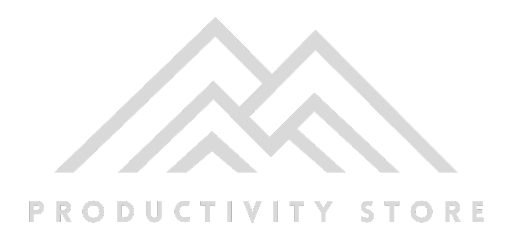
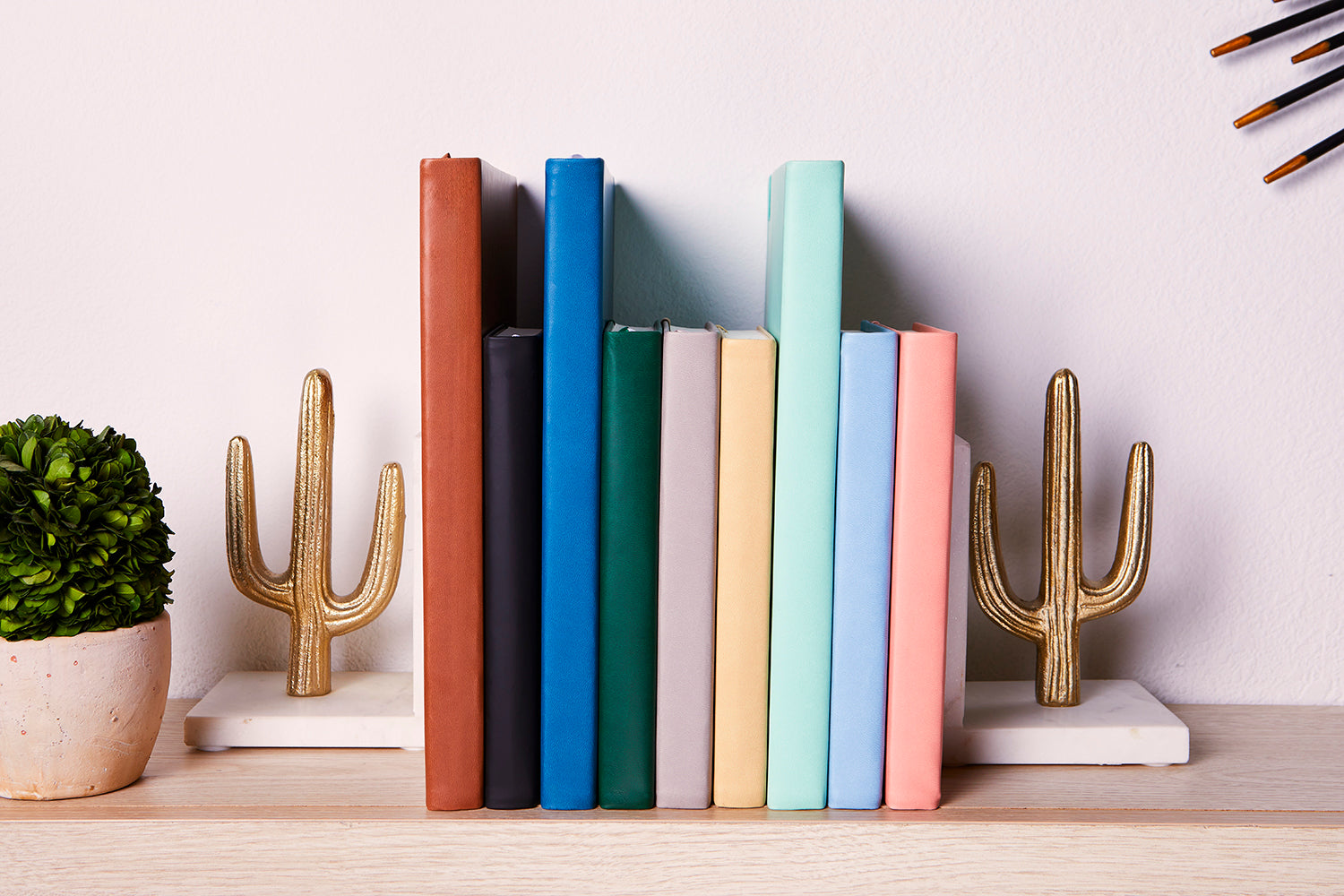
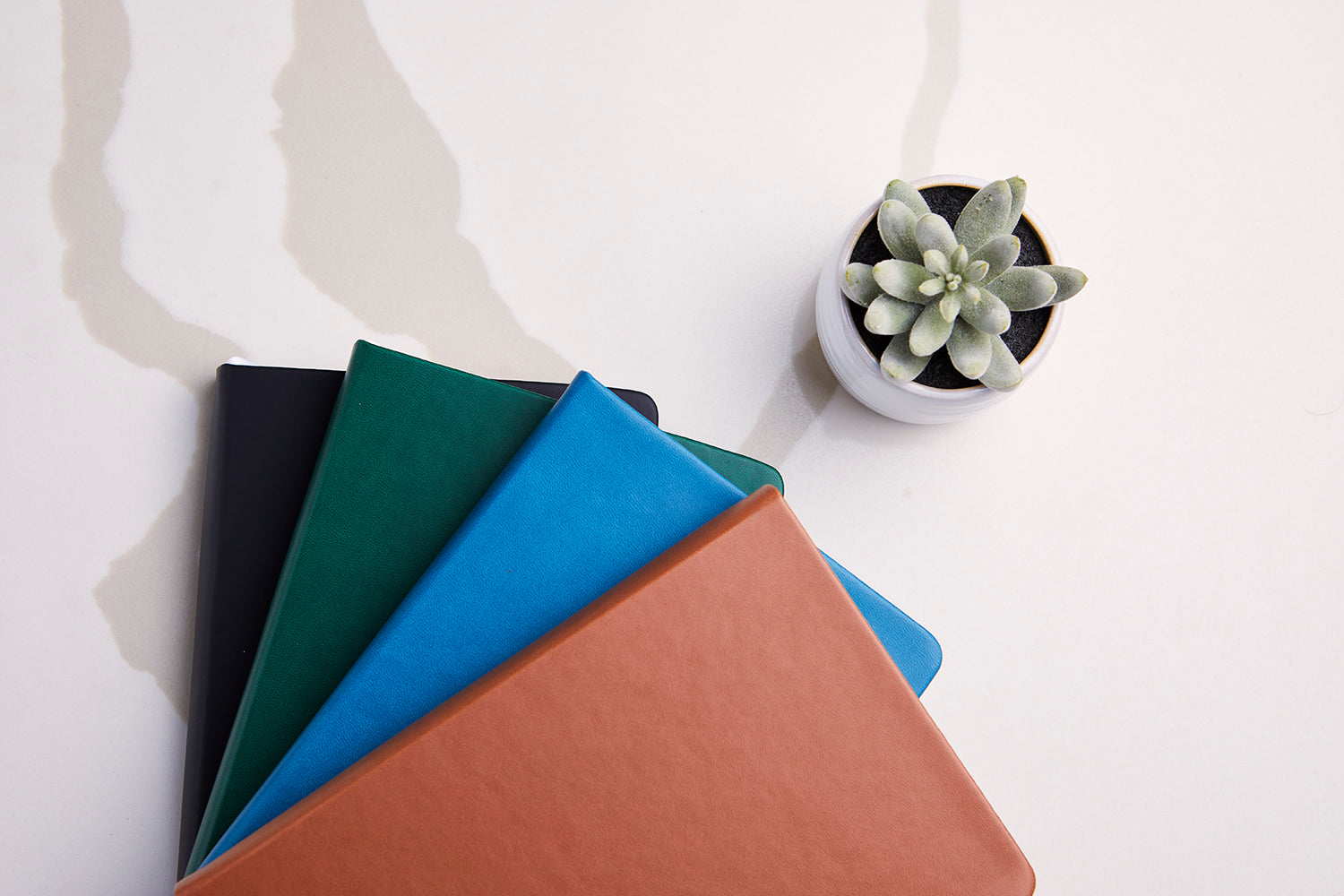
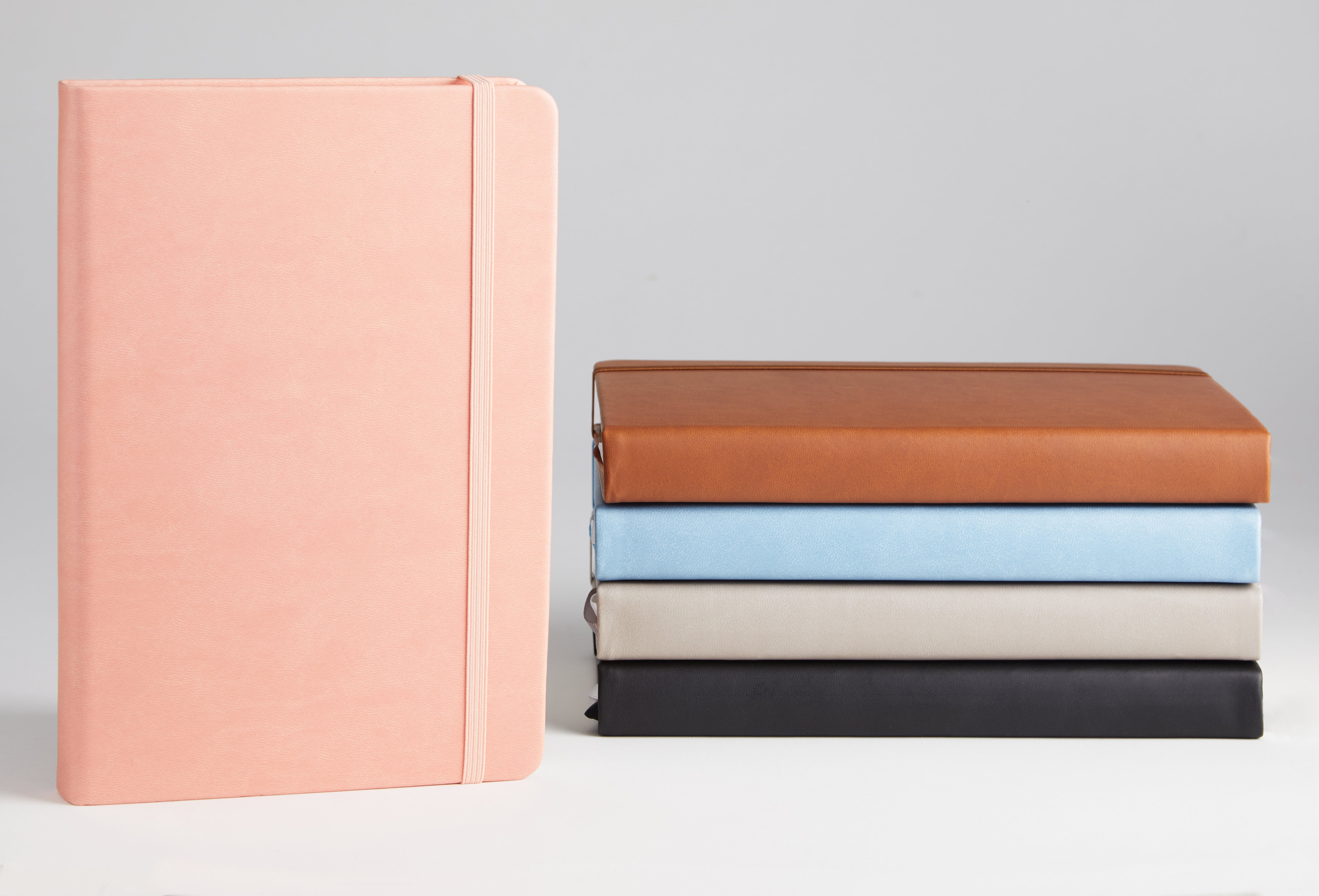
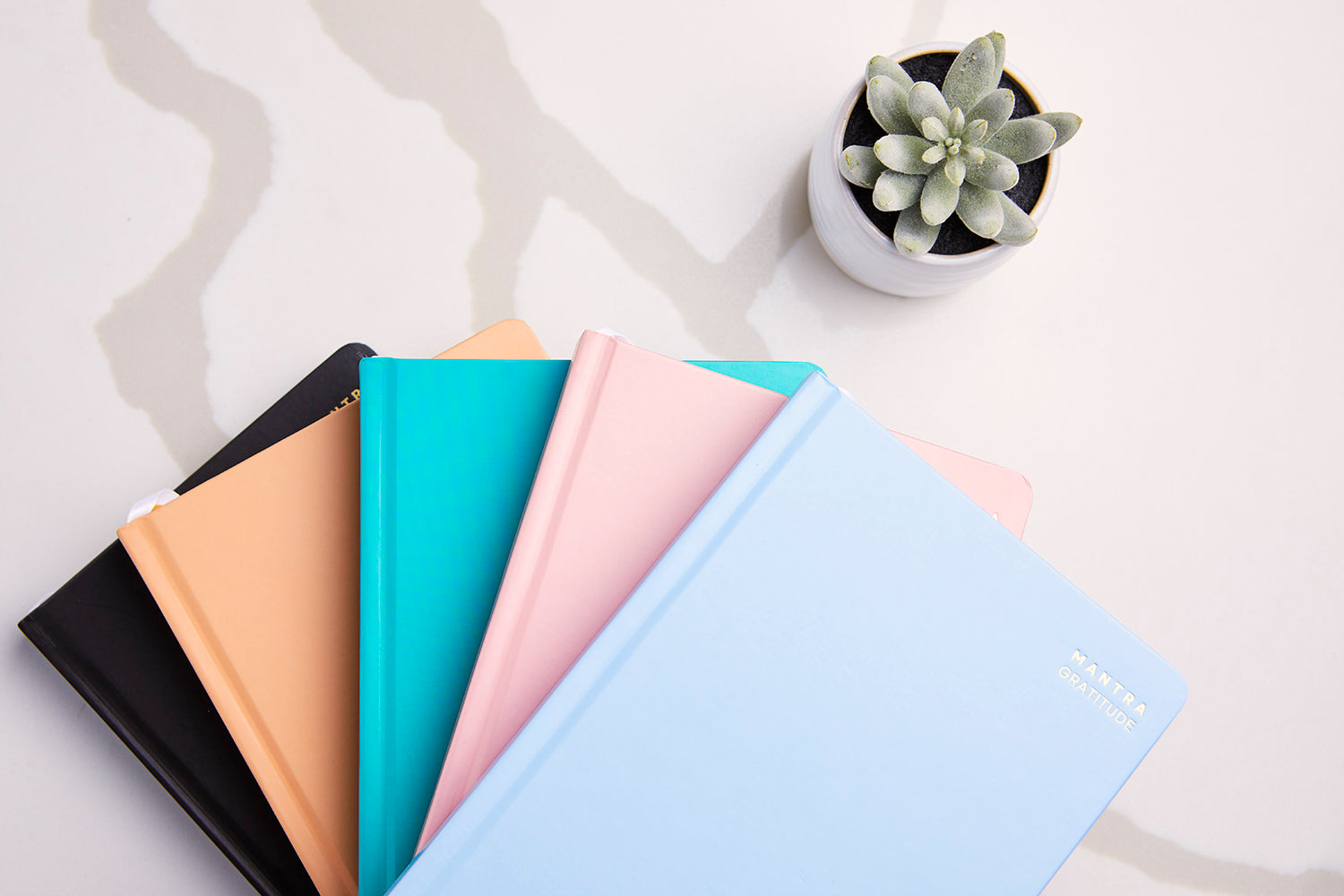

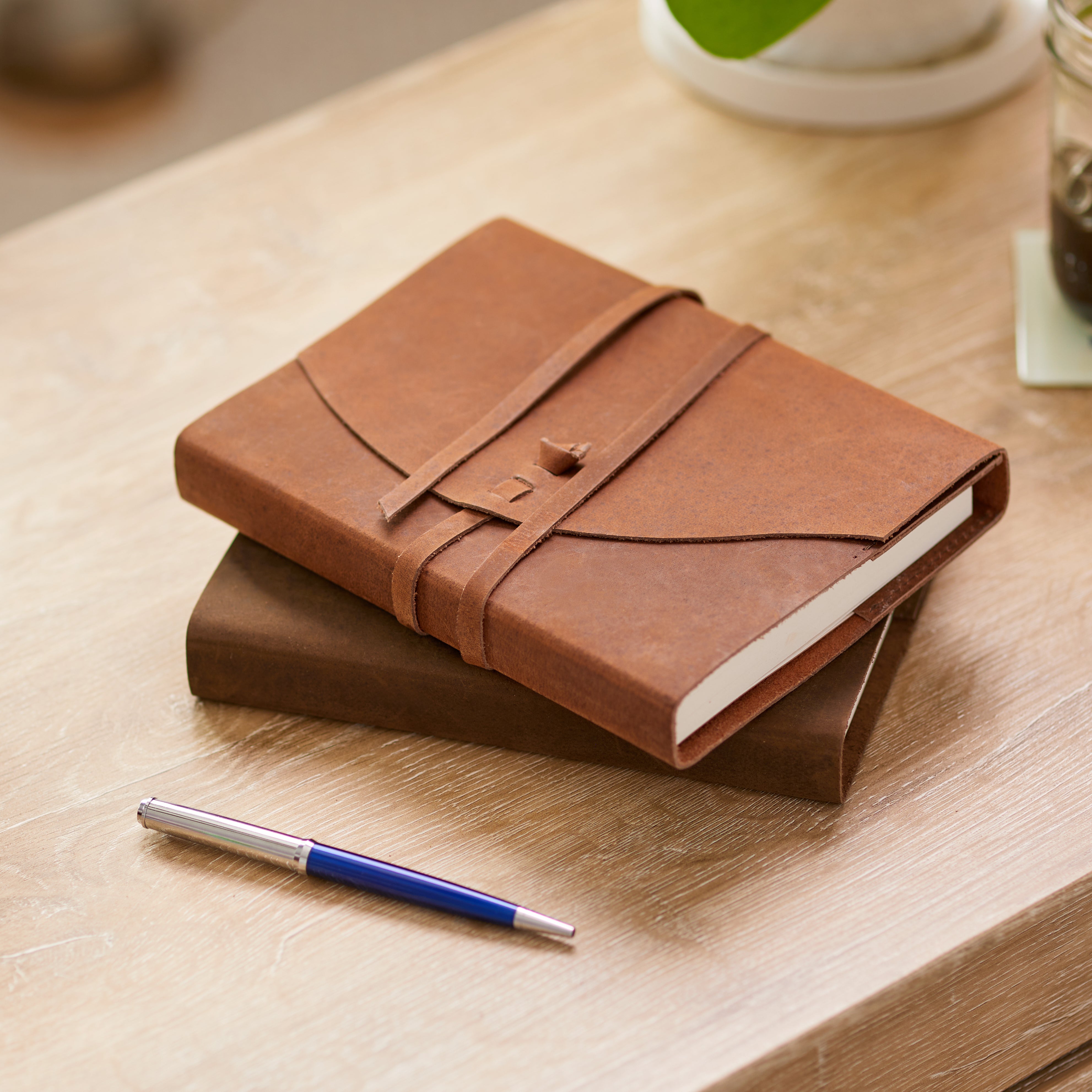
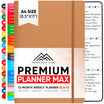
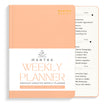
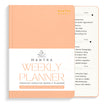



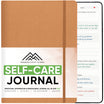
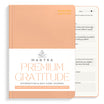
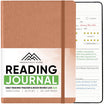
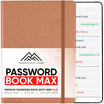
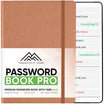
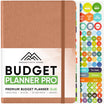
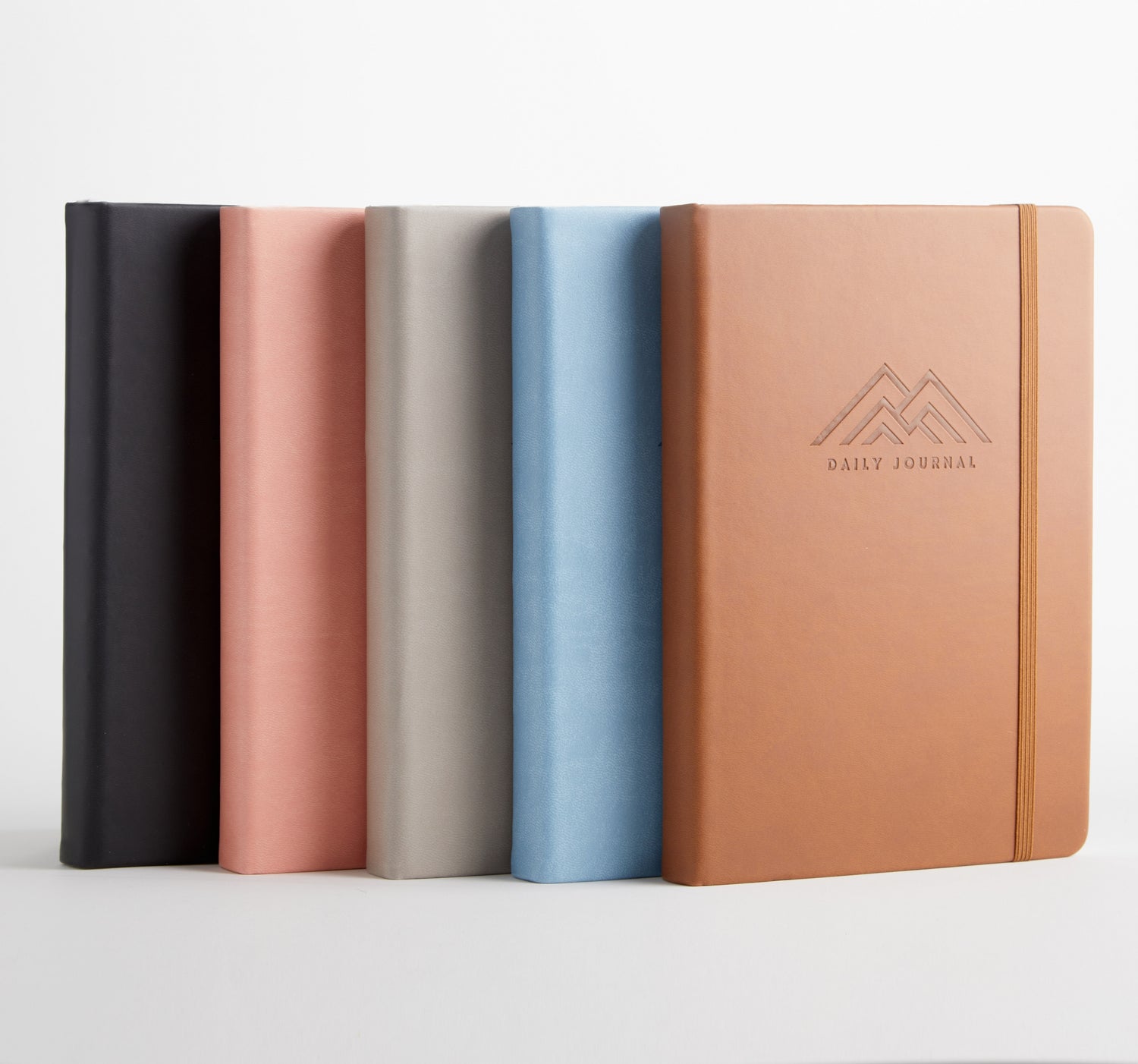
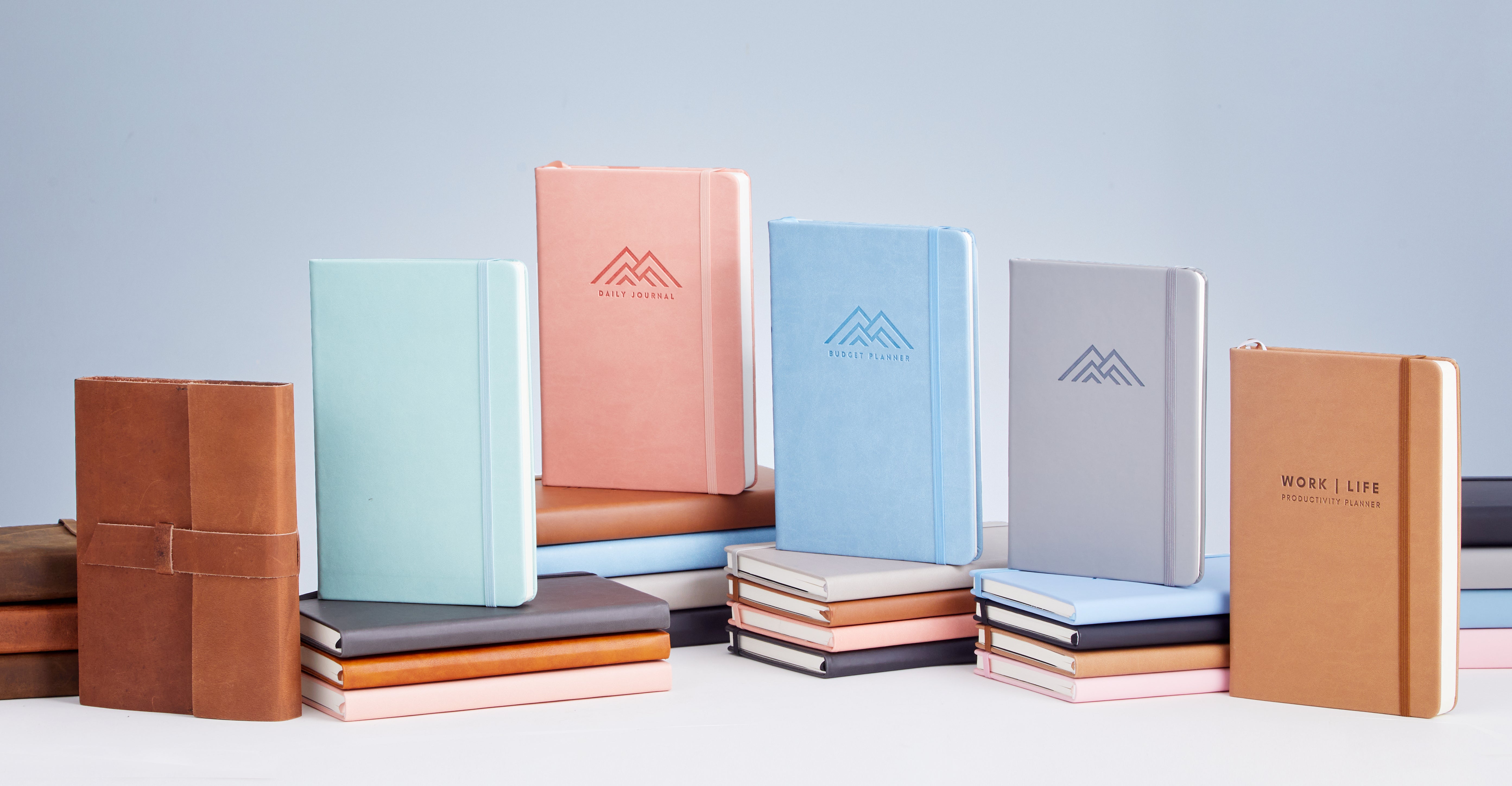
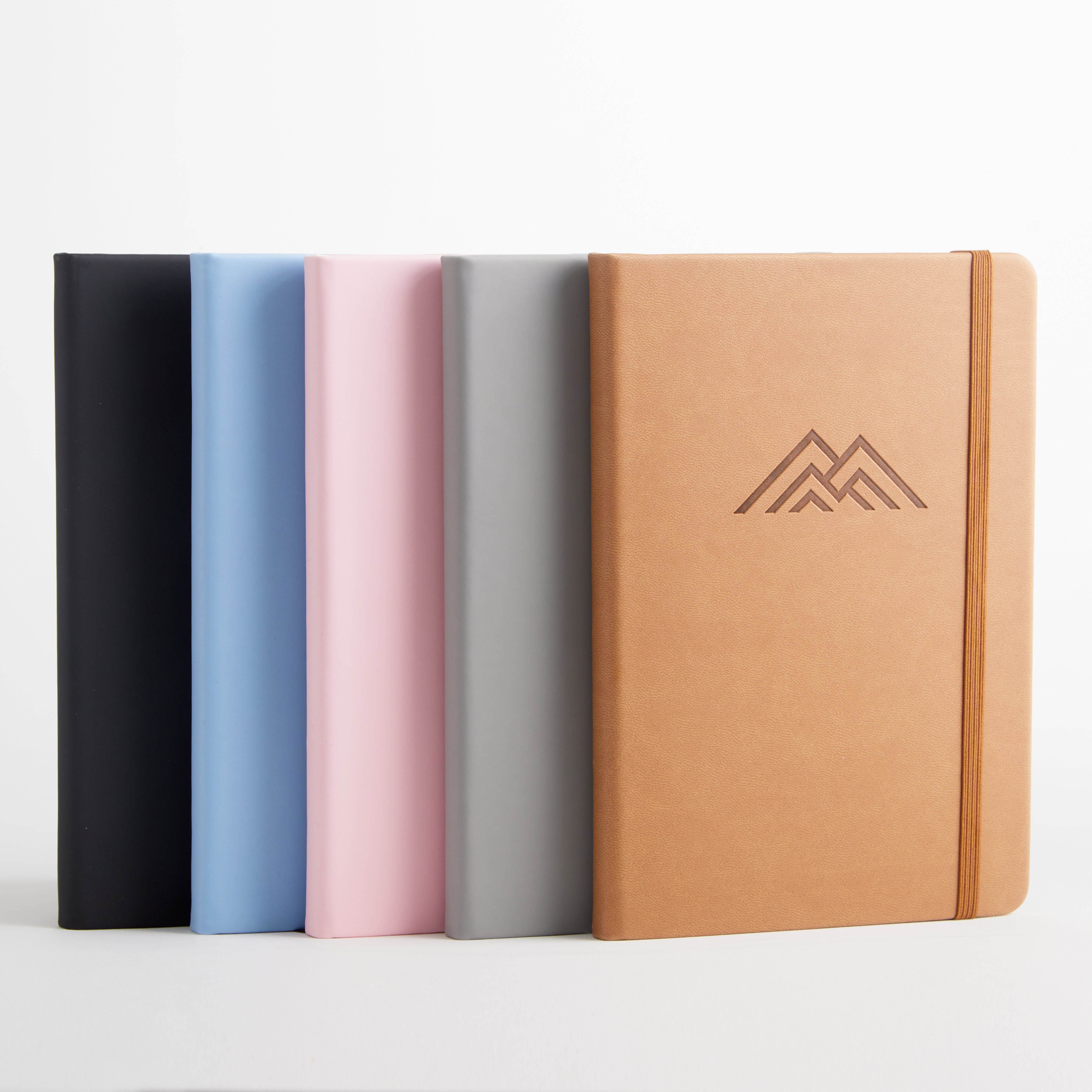
Leave a comment
All comments are moderated before being published.
This site is protected by hCaptcha and the hCaptcha Privacy Policy and Terms of Service apply.